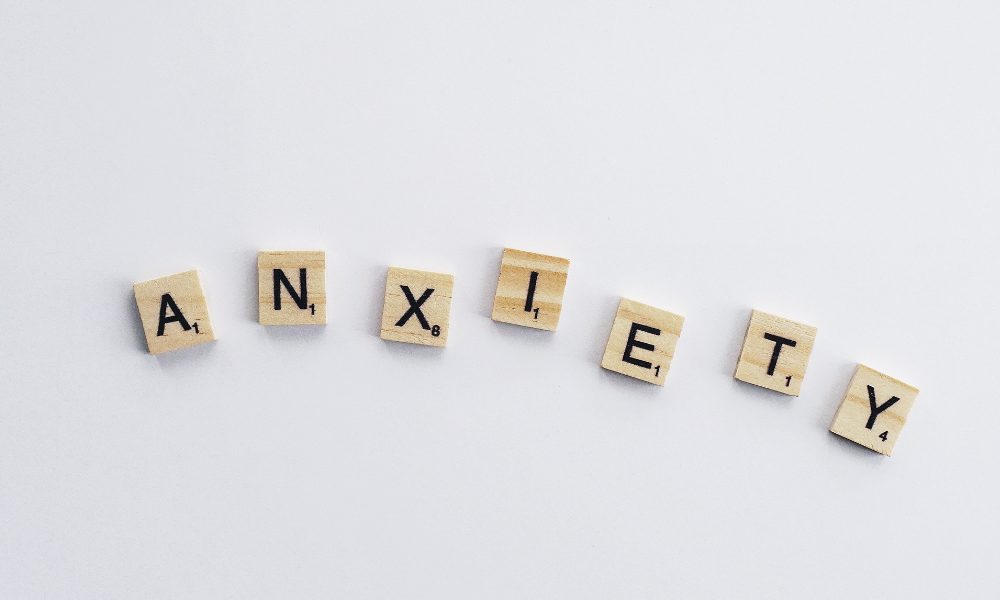
Should I Tell My Boss That I Suffer from Anxiety?
- July 15, 2024
- Marketing Team
According to the World Health Organisation, over 46% of UK employers have observed an increase in employees experiencing mental health issues, including anxiety.
Managing generalised anxiety becomes even more complicated if you have recently started a new graduate job. In such cases, you may be worried about disclosing your condition to your boss out of fear of being judged or misunderstood.
In today’s competitive job market, it’s easy to feel pressured into being grateful for any job opportunity you receive. This pressure can make it tempting to hide your mental health struggles to avoid rocking the boat or appearing less capable. However, not addressing your mental health can have significant implications for your well-being and job performance.
If you have recently secured a new graduate position, you might be asking yourself whether you should talk to your boss about your mental health. Open communication about your mental health can foster a supportive work environment and help you manage your responsibilities more effectively.
Understanding your anxiety
Before making any decisions, it’s crucial to have a clear understanding of your anxiety. Consider the following questions:
- How does anxiety affect your work performance?
- Are there specific triggers in your workplace that exacerbate your anxiety?
- Do you have coping mechanisms that help you manage your anxiety during work hours?
- Is the manager or job role the cause of your anxiety?
Here are some points you may want to take into consideration:
Think about why you want to disclose it
Before disclosing your condition to your boss, it’s important to take some time to consider what you hope to achieve from the conversation. Understanding your desired outcome can help you communicate more effectively and set realistic expectations.
For example, think about how your mental health condition affects your work, such as:
- Do you need more flexible working hours to manage your symptoms?
- Would remote work options help you maintain a better work-life balance?
- Is a quieter workspace necessary for you to concentrate?
If you believe that your condition impacts your job performance, discussing it with your boss can lead to adjustments that enhance your productivity, such as reducing your workload, adjusting deadlines, or changing your role’s responsibilities to better align with your capabilities.
Consider your timing
When preparing to discuss the topic with your boss, it’s crucial to choose an appropriate time during the workday when you can get their undivided attention. Avoid initiating the conversation during busy or high-pressure periods, such as before important deadlines or meetings.
Aim to approach your boss when they are more likely to be relaxed and receptive, such as early in the morning before the day gets hectic or later in the afternoon before you clock out. It may also be wise to ask to speak with them in a private room, away from high-traffic areas to avoid colleagues overhearing the sensitive nature of your anxiety condition.
Express gratitude to reinforce company behaviours towards anxiety
When you make the decision to open up about your mental health with your boss, it’s natural for them to feel concerned about both your well-being and its potential impact on the team and company goals. To foster understanding and support, it’s important to keep them updated regularly on what strategies are effective for managing your mental health challenges and what adjustments could help further.
This open dialogue isn’t just beneficial for you; it sets a positive example for creating a workplace culture that values mental health. By providing feedback on how their actions support your well-being, you reinforce positive behaviours that contribute to a healthier and supportive work environment. Moreover, your transparency may encourage others who are facing similar challenges to feel more comfortable discussing their own experiences.
For instance, you might express appreciation by saying, “I want to thank you for your understanding and flexibility when I needed to take a work-from-home day last week. It allowed me to recharge.”
However, if you find that your company culture does not support or validate your mental health needs, it may be worth considering whether there are better opportunities elsewhere. Your mental health should always be prioritised, and working in an environment that respects and accommodates your well-being is essential for long-term success and happiness. Browse our latest graduate jobs here.







